Home>Home Appliances>Cleaning Appliances>How To Get Bad Smell Out Of Vacuum Cleaner
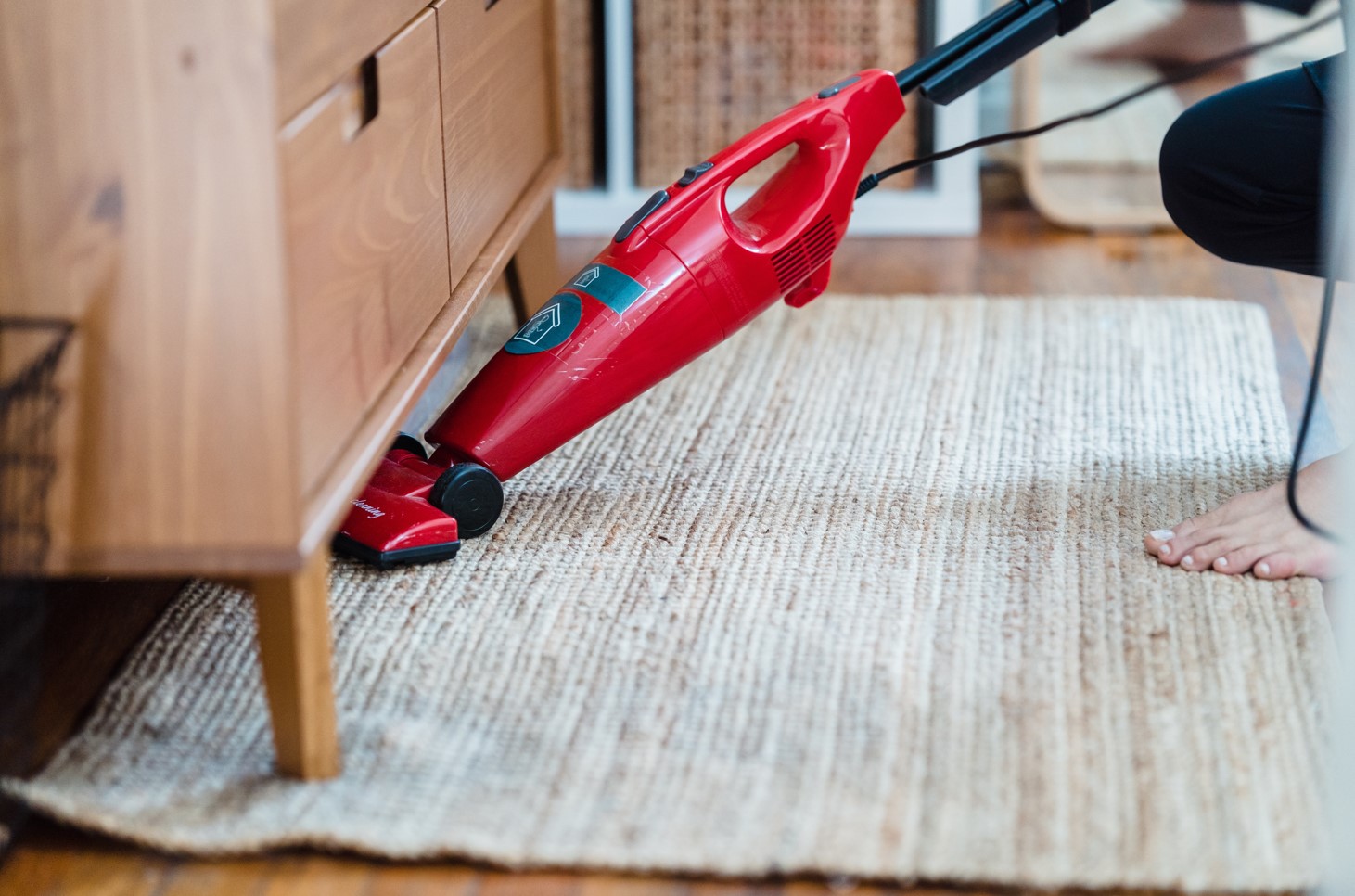

Cleaning Appliances
How To Get Bad Smell Out Of Vacuum Cleaner
Modified: January 19, 2024
Learn effective strategies for removing bad odors from your vacuum cleaner with our expert cleaning tips. Keep your cleaning appliances smelling fresh and clean.
(Many of the links in this article redirect to a specific reviewed product. Your purchase of these products through affiliate links helps to generate commission for Storables.com, at no extra cost. Learn more)
Introduction
Welcome to the ultimate guide on banishing bad smells from your vacuum cleaner! A clean and fresh-smelling home is a source of pride and comfort, but a vacuum cleaner that emits unpleasant odors can quickly turn your cleaning routine into a less-than-pleasant experience. Whether it's the musty scent of dust and debris or a lingering odor from previous vacuuming sessions, dealing with a smelly vacuum cleaner is a common challenge that many households face.
In this comprehensive guide, we will delve into the root causes of vacuum cleaner odors and provide practical solutions to eliminate them. From understanding the source of the bad smell to implementing effective cleaning techniques and utilizing natural deodorizers, you'll discover a range of strategies to restore your vacuum cleaner to its pristine, fresh-smelling state.
So, if you're tired of holding your breath while vacuuming or cringing at the thought of releasing unpleasant odors into your home, you've come to the right place. Let's embark on a journey to transform your vacuum cleaner from a source of bad smells to a beacon of cleanliness and freshness. Say goodbye to unwanted odors and hello to a rejuvenated cleaning experience!
Key Takeaways:
- Say goodbye to vacuum odors by cleaning filters, canisters, and attachments regularly. Use natural deodorizers like baking soda and essential oils to keep your vacuum smelling fresh and clean.
- Prevent vacuum odors by avoiding moisture, deep cleaning regularly, and storing your vacuum in a dry, well-ventilated area. Keep high-traffic areas and pet zones clean to minimize odors.
Read more: How To Get Bad Smell Out Of A Car Carpet
Understanding the Source of Bad Smell
Before diving into the solutions for eliminating bad odors from your vacuum cleaner, it’s crucial to understand the underlying causes. A variety of factors can contribute to unpleasant smells emanating from your vacuum, and pinpointing the source is the first step toward effective odor removal.
One common culprit behind vacuum cleaner odors is the accumulation of dust, dirt, and debris within the machine. Over time, these particles can become trapped in the vacuum’s filters, brush rolls, and canisters, creating an environment ripe for musty or stale odors to develop. Additionally, if moisture is introduced into the vacuum, such as from vacuuming damp or wet surfaces, it can exacerbate the issue by promoting the growth of mold and mildew.
Another potential source of odors is the presence of pet hair and dander within the vacuum cleaner. While our furry companions bring joy to our lives, their shedding can introduce persistent odors that linger within the vacuum’s components. Furthermore, if the vacuum has come into contact with pet accidents or spills, the resulting odors can permeate the machine and be released during subsequent use.
In some cases, the vacuum’s odor woes may stem from a lack of regular maintenance and cleaning. Neglecting to empty the dust canister, clean the filters, or replace the bags can lead to a buildup of odor-causing particles and bacteria, resulting in an unpleasant smell each time the vacuum is used.
Finally, the type of flooring and surfaces being vacuumed can also contribute to the development of odors. For instance, vacuuming areas with high foot traffic, food crumbs, or spills can introduce a variety of odorous particles into the vacuum, which may linger and taint the air when the machine is in operation.
By recognizing these potential sources of bad smells in your vacuum cleaner, you can take targeted steps to address each issue, effectively banishing the odors and restoring a fresh, clean scent to your cleaning routine.
Cleaning the Vacuum Cleaner
Now that we’ve gained insights into the origins of vacuum cleaner odors, it’s time to roll up our sleeves and tackle the cleaning process. By implementing thorough cleaning practices, you can effectively eliminate the sources of bad smells and restore your vacuum cleaner to its optimal condition.
Begin by focusing on the various components of your vacuum cleaner, including the dust canister or bag, filters, brush rolls, and attachments. For bagless models, emptying the dust canister after each use is essential to prevent the accumulation of odor-causing debris. Likewise, for vacuums equipped with disposable bags, regular replacement is crucial in maintaining a fresh and odor-free environment within the machine.
Next, turn your attention to the filters. Depending on your vacuum’s design, it may feature multiple filters, such as pre-motor and post-motor filters. These filters play a key role in trapping dust and allergens, but they can also harbor odors if not properly maintained. Check the manufacturer’s instructions to determine the recommended cleaning frequency for your specific filters, whether it involves rinsing, washing, or replacing them. By keeping the filters clean and free of debris, you can prevent odors from permeating the air during vacuuming.
Don’t overlook the brush rolls and attachments, as these components can also harbor dirt, hair, and debris that contribute to unpleasant odors. Regularly remove any tangled hair or fibers from the brush rolls, and clean the attachments to prevent the accumulation of odor-causing particles.
For vacuums that have come into contact with moisture, whether from spills or cleaning liquid, it’s crucial to thoroughly dry the components to prevent the growth of mold and mildew. Consider using a gentle, non-abrasive cloth to wipe down the interior and exterior surfaces, ensuring that no moisture is left behind.
Additionally, incorporating a deep cleaning routine for your vacuum cleaner can further combat odors. This may involve disassembling the vacuum to access hard-to-reach areas and using a mild cleaning solution to sanitize the components. Be sure to consult the manufacturer’s guidelines to ensure that your cleaning methods align with the recommended practices for your specific model.
By dedicating time and attention to the thorough cleaning of your vacuum cleaner, you can effectively remove odor-causing particles, prevent the buildup of unpleasant scents, and restore a fresh, clean aroma to your cleaning routine.
To get bad smell out of a vacuum cleaner, try cleaning the filter and dust bin regularly, and sprinkle baking soda in the canister to absorb odors.
Using Natural Deodorizers
When it comes to combating vacuum cleaner odors, natural deodorizers offer an effective and environmentally friendly solution. By harnessing the power of natural ingredients, you can neutralize odors and infuse your vacuum cleaner with a refreshing scent, transforming the atmosphere of your home during cleaning sessions.
One popular natural deodorizer is baking soda, renowned for its ability to absorb and neutralize odors. To utilize this versatile ingredient, simply sprinkle a small amount of baking soda into the dust canister or bag of your vacuum cleaner. As the machine operates, the baking soda will work to absorb and eliminate odors, leaving behind a cleaner and fresher scent. Additionally, you can place an open box of baking soda near your vacuum cleaner storage area to further combat odors and maintain a pleasant environment.
Another natural deodorizing option is essential oils, which not only offer delightful aromas but also possess natural antibacterial and antifungal properties. To incorporate essential oils into your vacuum cleaning routine, add a few drops of your preferred oil, such as lavender, lemon, or eucalyptus, onto a cotton ball or a small piece of fabric. Place the scented material inside the dust canister or bag, allowing the gentle diffusion of the oil’s aroma during vacuuming. As a result, you’ll enjoy the dual benefits of odor elimination and the uplifting fragrance of essential oils.
Vinegar, celebrated for its natural cleaning and deodorizing properties, can also be utilized to combat vacuum cleaner odors. Create a solution of equal parts water and white vinegar, and use it to wipe down the interior surfaces of the vacuum cleaner, including the dust canister, filters, and attachments. The acetic acid in vinegar works to neutralize odors and inhibit the growth of odor-causing bacteria, effectively freshening the components of your vacuum cleaner.
For those who prefer a citrus-infused approach to deodorizing, consider using lemon or orange peels to naturally scent your vacuum cleaner. Simply place a few citrus peels inside the dust canister or bag, allowing their invigorating fragrance to permeate the air during vacuuming. Not only will this method combat odors, but it will also infuse your cleaning routine with a refreshing and uplifting aroma.
By incorporating natural deodorizers into your vacuum cleaning regimen, you can effectively neutralize odors, infuse your environment with delightful scents, and embrace a more eco-friendly approach to maintaining a fresh and clean home.
Maintenance and Prevention Tips
Preventing the recurrence of bad smells in your vacuum cleaner is essential for maintaining a consistently fresh and pleasant cleaning experience. By implementing proactive maintenance strategies and adopting preventive measures, you can effectively ward off odors and preserve the cleanliness of your vacuum cleaner.
Regular maintenance is key to preventing the buildup of odor-causing particles within your vacuum cleaner. Establish a routine for cleaning and maintaining the various components, including emptying the dust canister or replacing the bag after each use. Additionally, adhere to the manufacturer’s guidelines for filter maintenance, ensuring that they are cleaned or replaced at the recommended intervals to prevent the accumulation of odors.
Another crucial aspect of vacuum cleaner maintenance is the periodic inspection and cleaning of the brush rolls and attachments. Remove any debris, hair, or tangled fibers from these components to prevent the development of odors and maintain optimal performance during vacuuming sessions.
Furthermore, consider incorporating regular deep cleaning sessions for your vacuum cleaner to eliminate hidden odors and maintain a hygienic environment. Disassemble the machine as per the manufacturer’s instructions and use a mild cleaning solution to sanitize the components, effectively removing any lingering odors and bacteria.
Preventing moisture from entering the vacuum cleaner is essential for combating odors and inhibiting the growth of mold and mildew. Avoid vacuuming damp or wet surfaces, and promptly address any spills or liquid accidents to prevent moisture from seeping into the machine.
When storing your vacuum cleaner, ensure that it is kept in a dry and well-ventilated area to prevent the development of odors. Additionally, consider using storage solutions, such as vacuum cleaner bags or covers, to protect the machine from dust and debris accumulation during periods of inactivity.
Finally, embracing a proactive approach to odor prevention involves being mindful of the surfaces being vacuumed. Regularly vacuum high-traffic areas, food preparation spaces, and pet-inhabited zones to minimize the introduction of odorous particles into the machine. By addressing potential sources of odors at the source, you can effectively reduce the likelihood of unpleasant smells permeating your vacuum cleaner.
By integrating these maintenance and prevention tips into your cleaning routine, you can proactively combat odors, preserve the freshness of your vacuum cleaner, and enjoy a consistently pleasant and effective cleaning experience.
Read more: How To Get Smells Out Of Furniture
Conclusion
Congratulations on embarking on a journey to reclaim the freshness and cleanliness of your vacuum cleaner! By gaining a deeper understanding of the sources of bad smells, implementing thorough cleaning practices, utilizing natural deodorizers, and embracing proactive maintenance, you have equipped yourself with the tools to banish odors and elevate your cleaning routine to new heights.
As you apply the insights and strategies outlined in this guide, you’ll soon experience the transformation of your vacuum cleaner from a source of unpleasant odors to a beacon of freshness and cleanliness. The satisfaction of breathing in a clean, revitalized aroma as you vacuum your home will serve as a testament to your dedication to maintaining a hygienic and inviting living environment.
Remember, the journey to a fresh-smelling vacuum cleaner is an ongoing endeavor that requires consistent maintenance and attention to detail. By incorporating the recommended practices into your cleaning routine, you can enjoy the enduring benefits of a clean and odor-free vacuum cleaner for years to come.
So, as you bid farewell to bad smells and welcome a rejuvenated cleaning experience, take pride in your proactive approach to maintaining a fresh and inviting home. Embrace the power of natural deodorizers, the effectiveness of thorough cleaning, and the importance of preventive maintenance, and revel in the revitalized ambiance that accompanies each vacuuming session.
With your newfound knowledge and proactive mindset, you are well-equipped to conquer vacuum cleaner odors and savor the satisfaction of a home that exudes cleanliness and freshness at every turn. Here’s to a future filled with the delightful scent of a clean home and the peace of mind that comes with a well-maintained vacuum cleaner.
Frequently Asked Questions about How To Get Bad Smell Out Of Vacuum Cleaner
Was this page helpful?
At Storables.com, we guarantee accurate and reliable information. Our content, validated by Expert Board Contributors, is crafted following stringent Editorial Policies. We're committed to providing you with well-researched, expert-backed insights for all your informational needs.
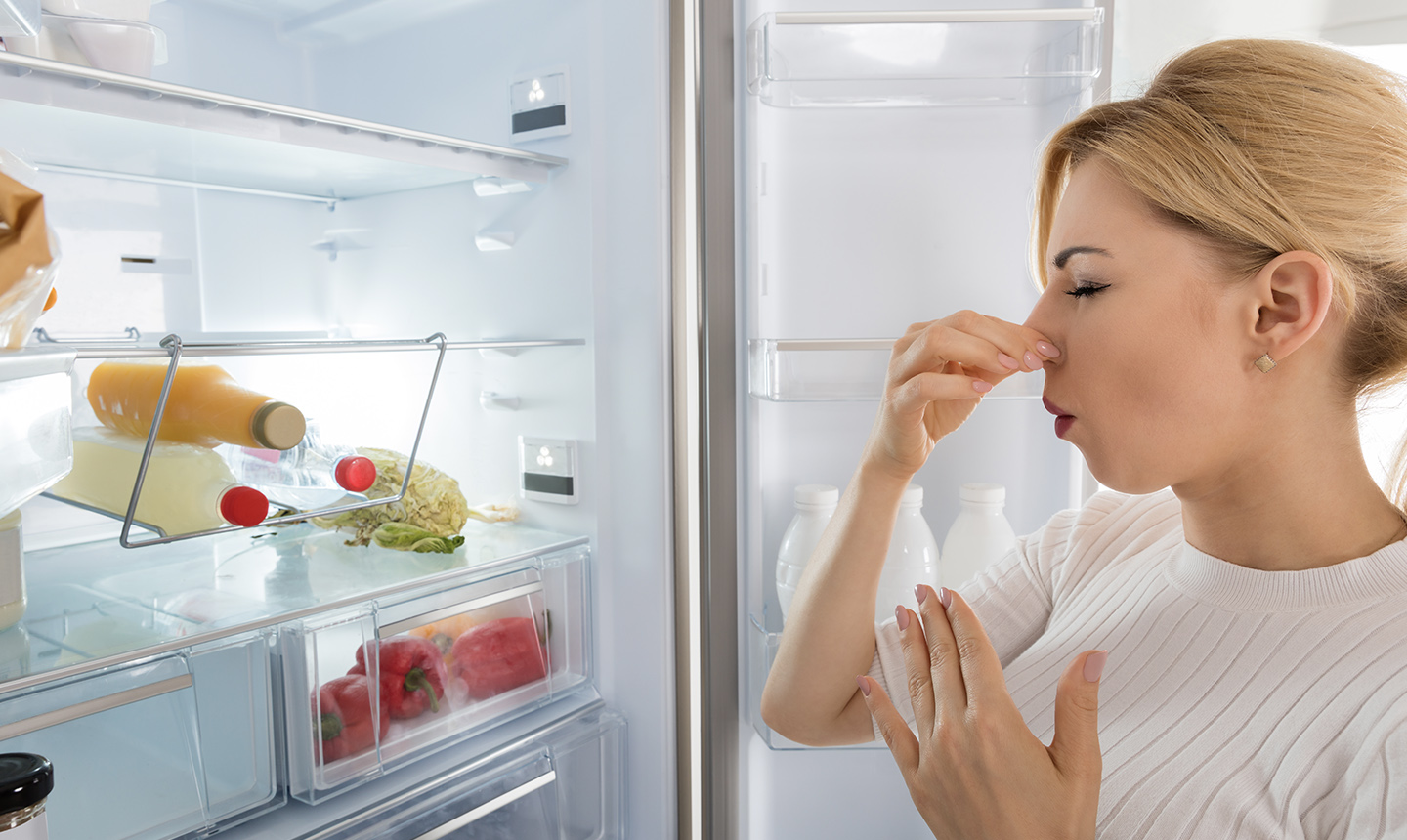
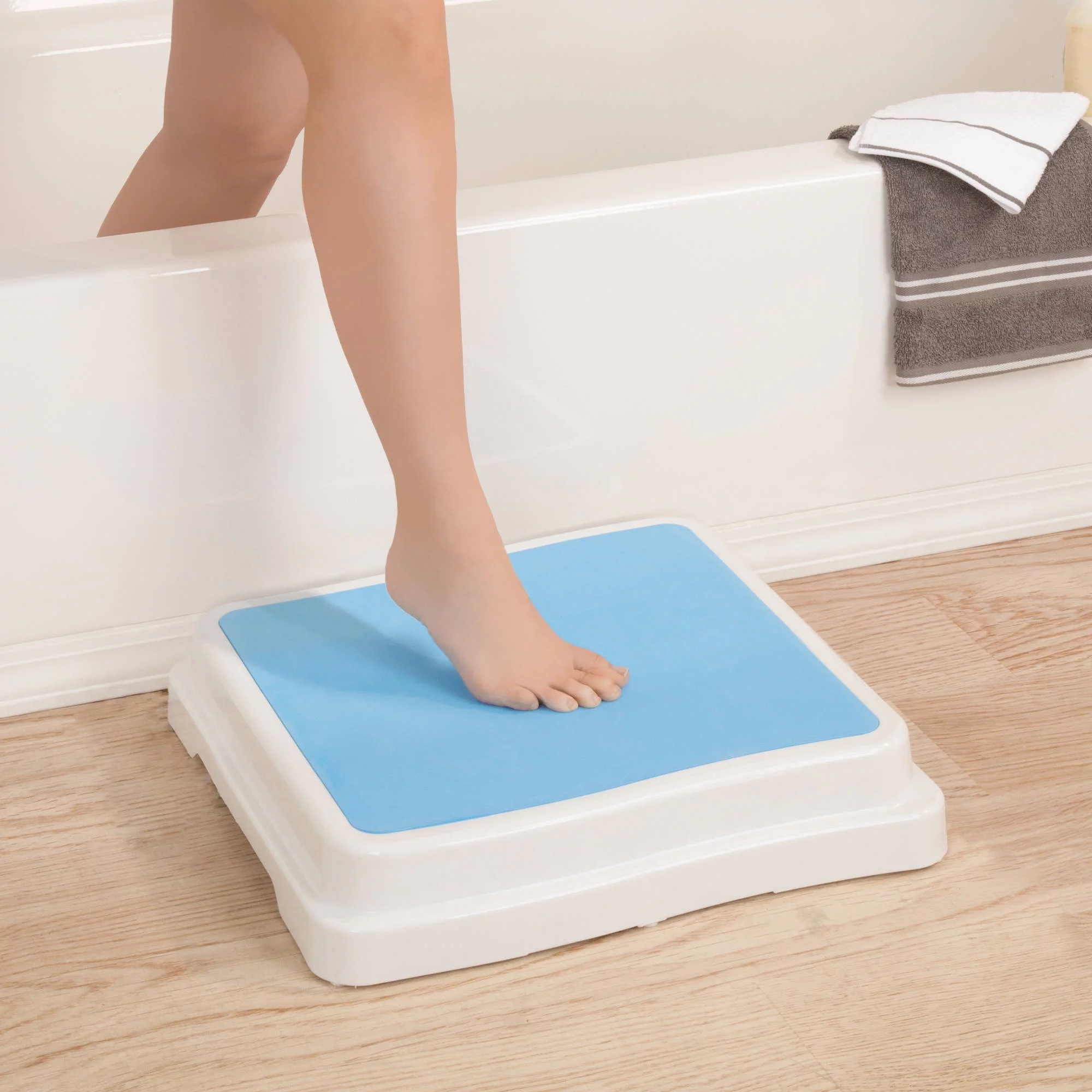
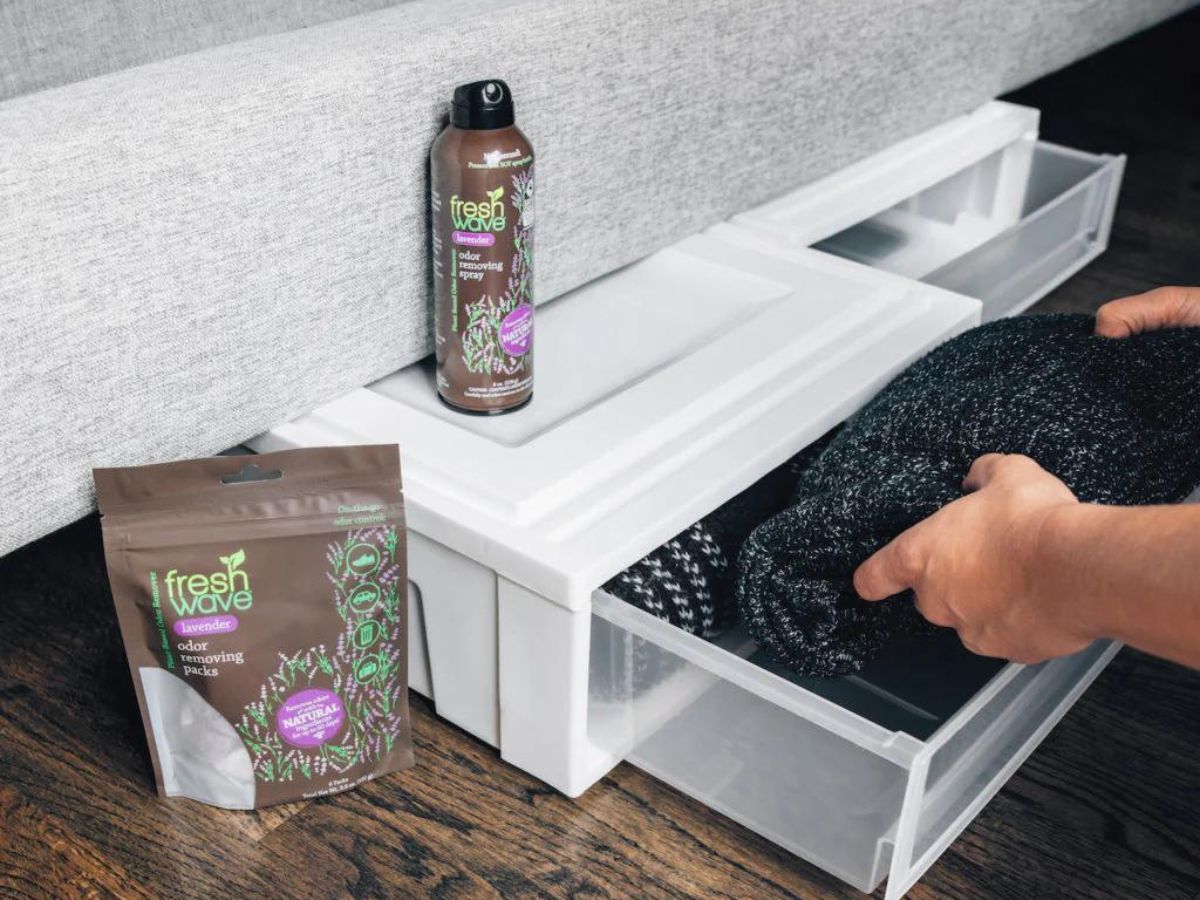


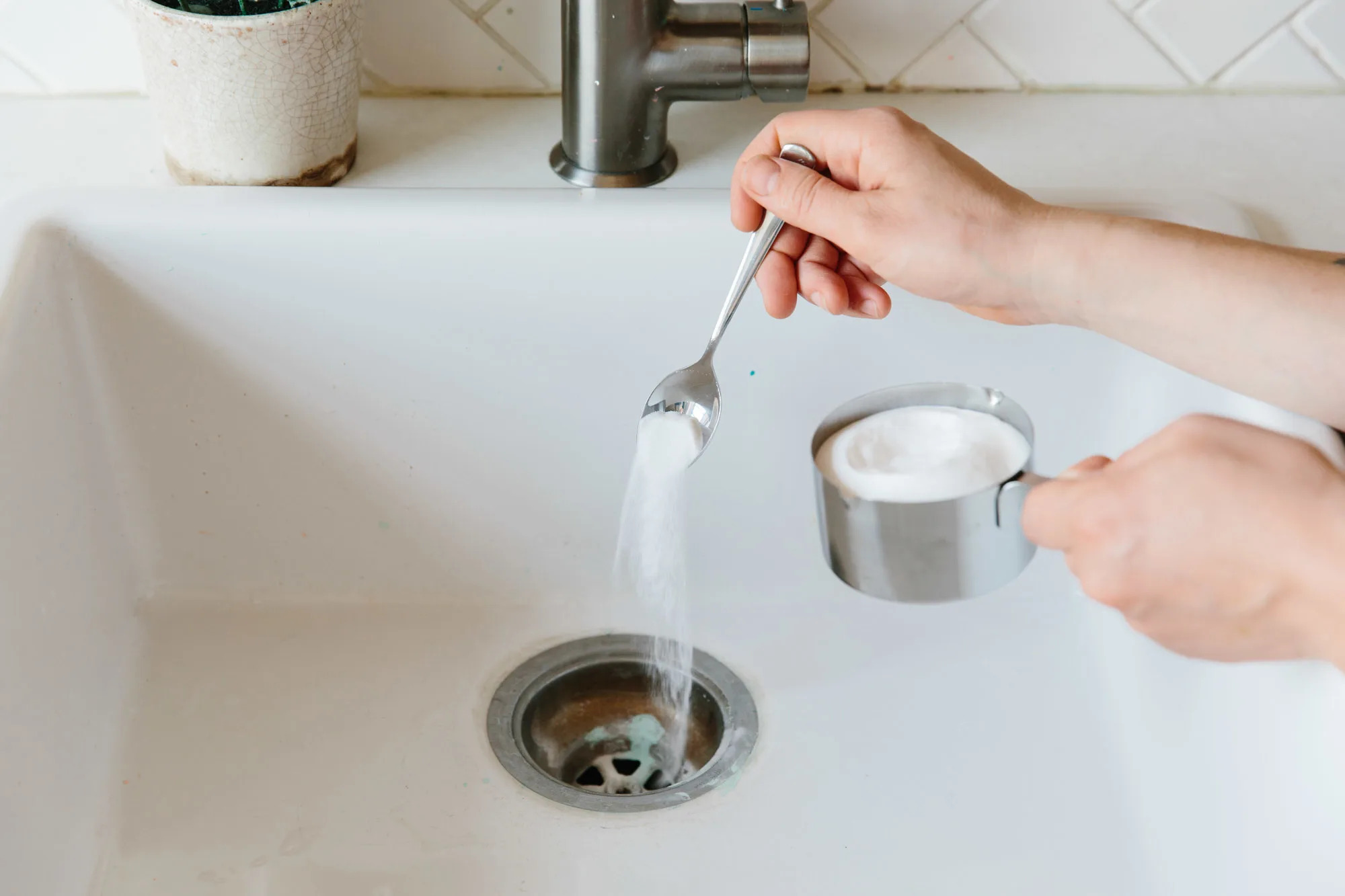
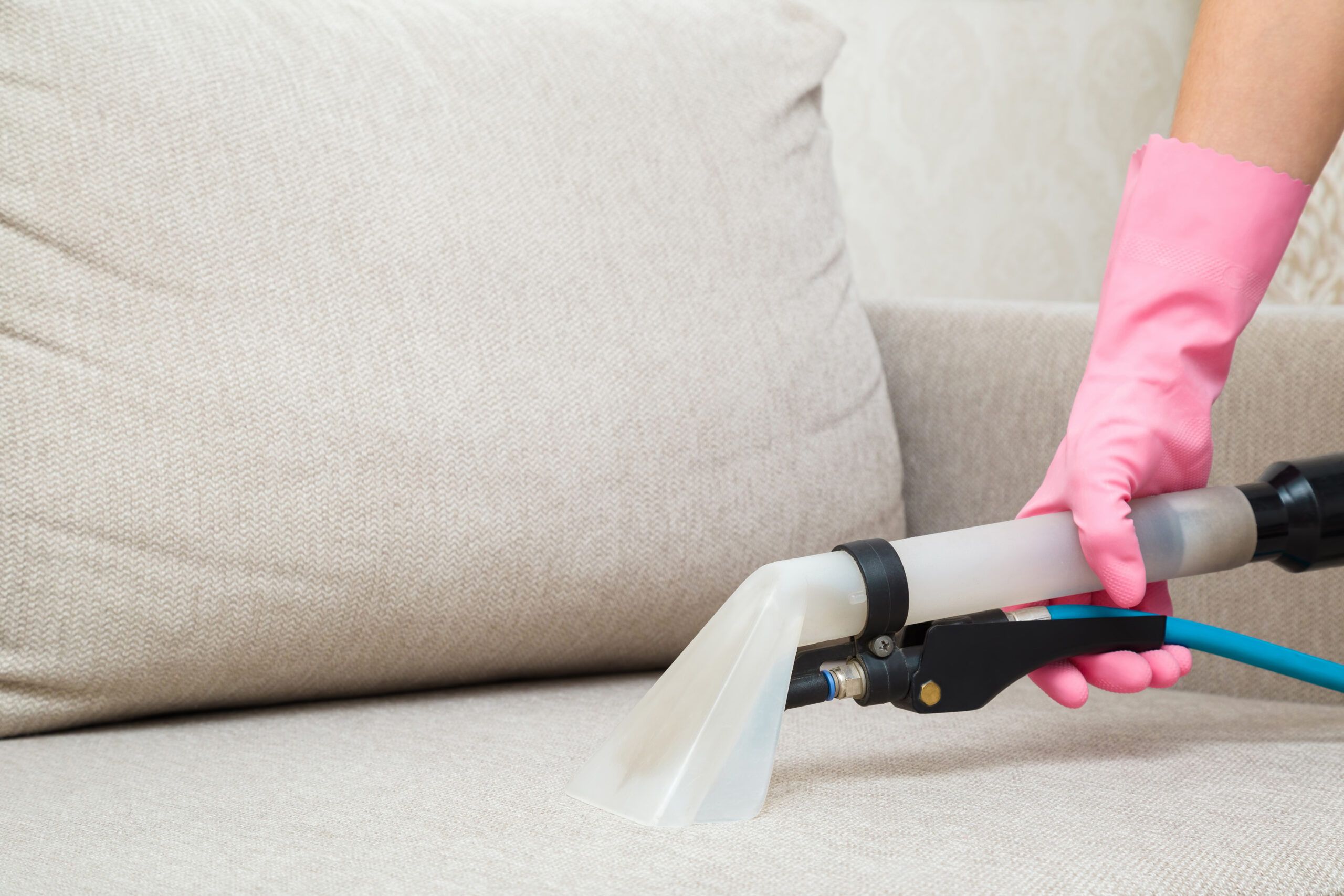
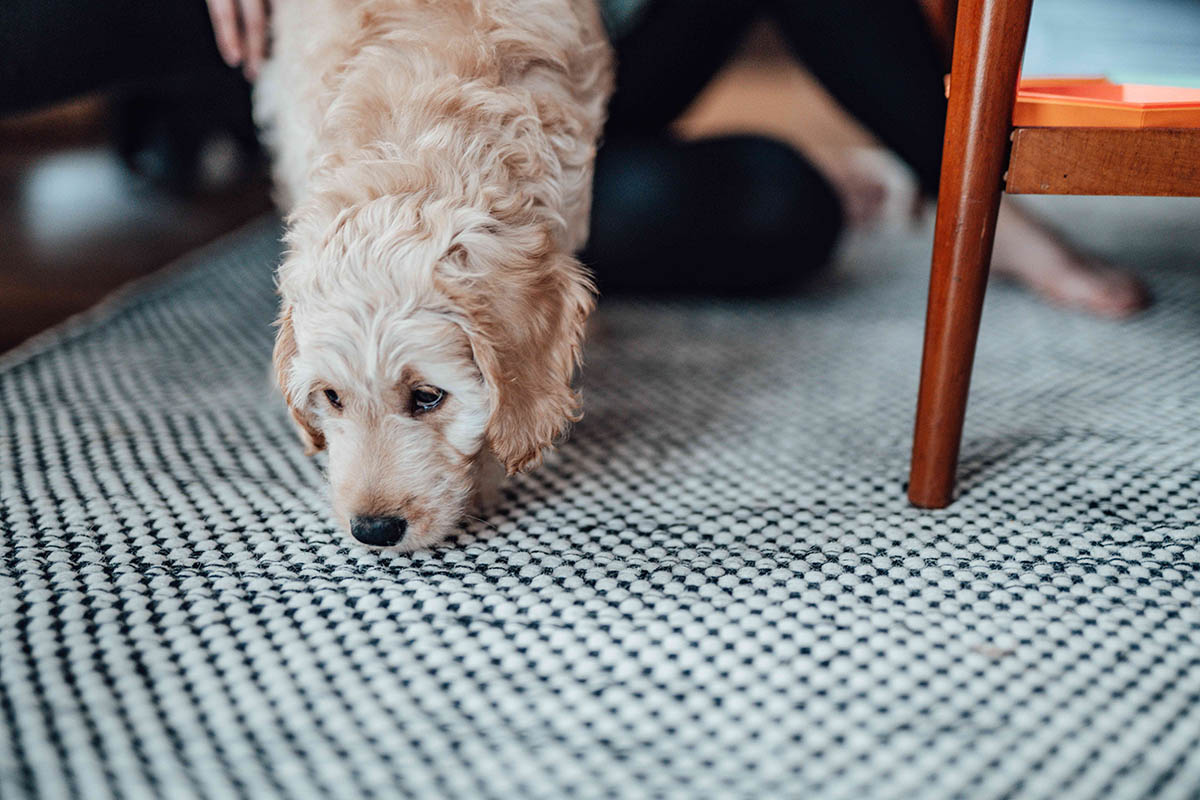
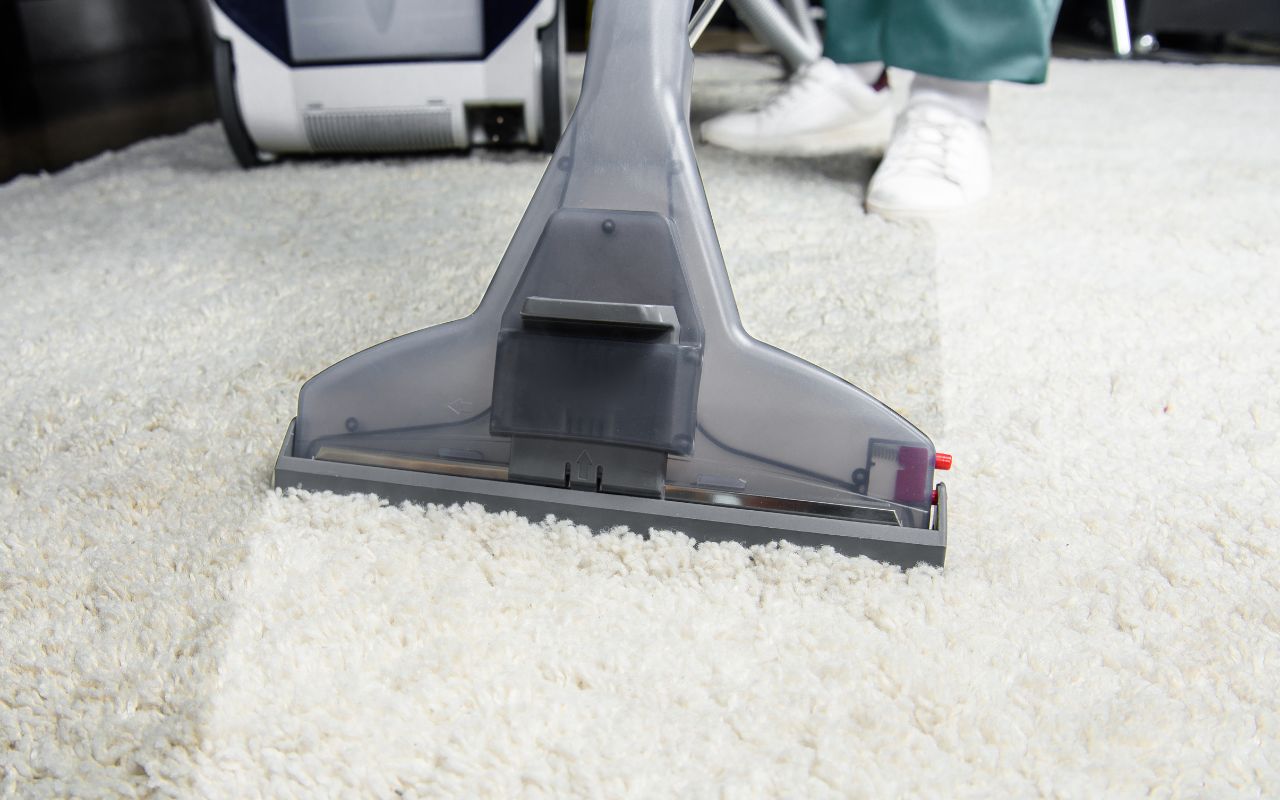
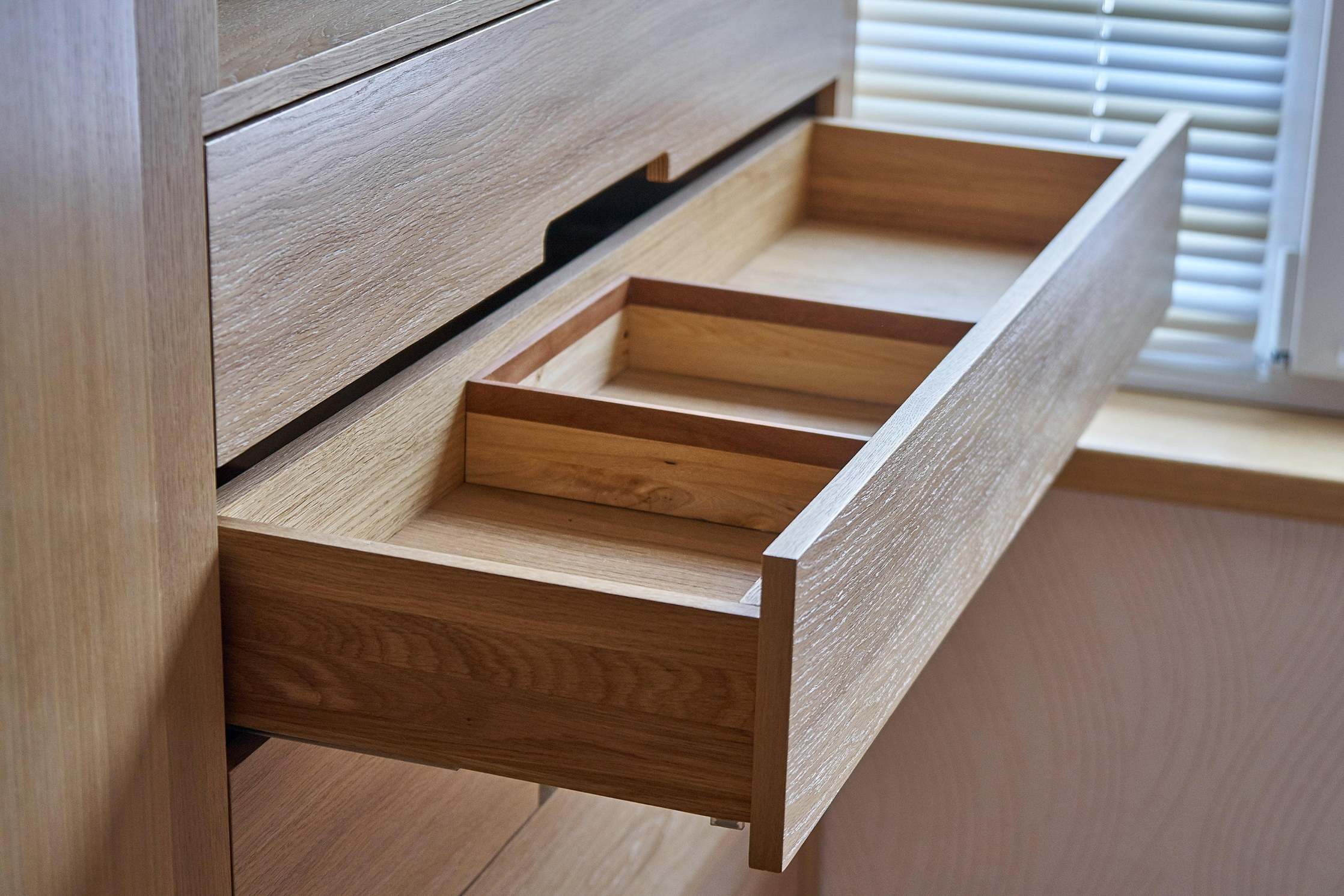
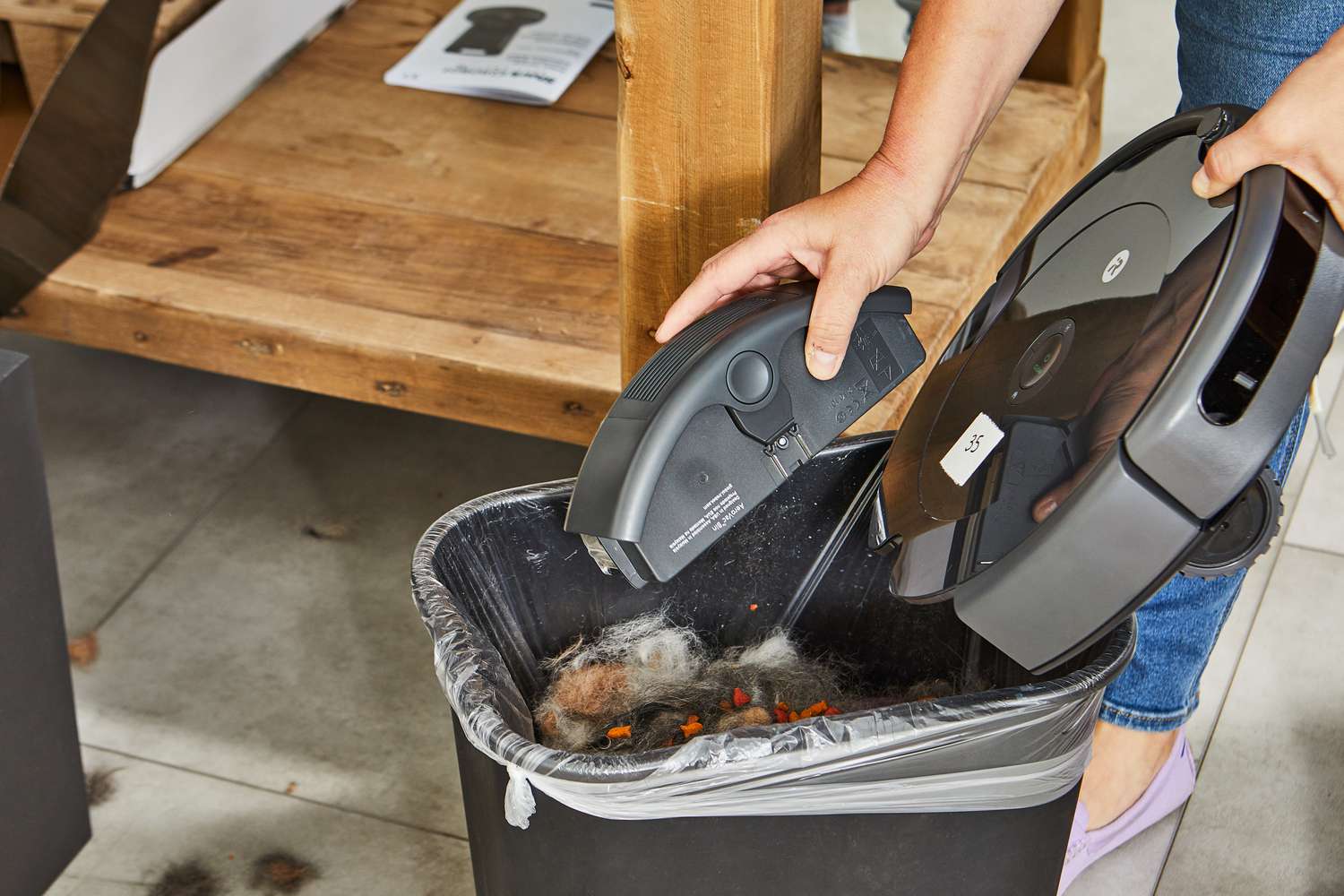
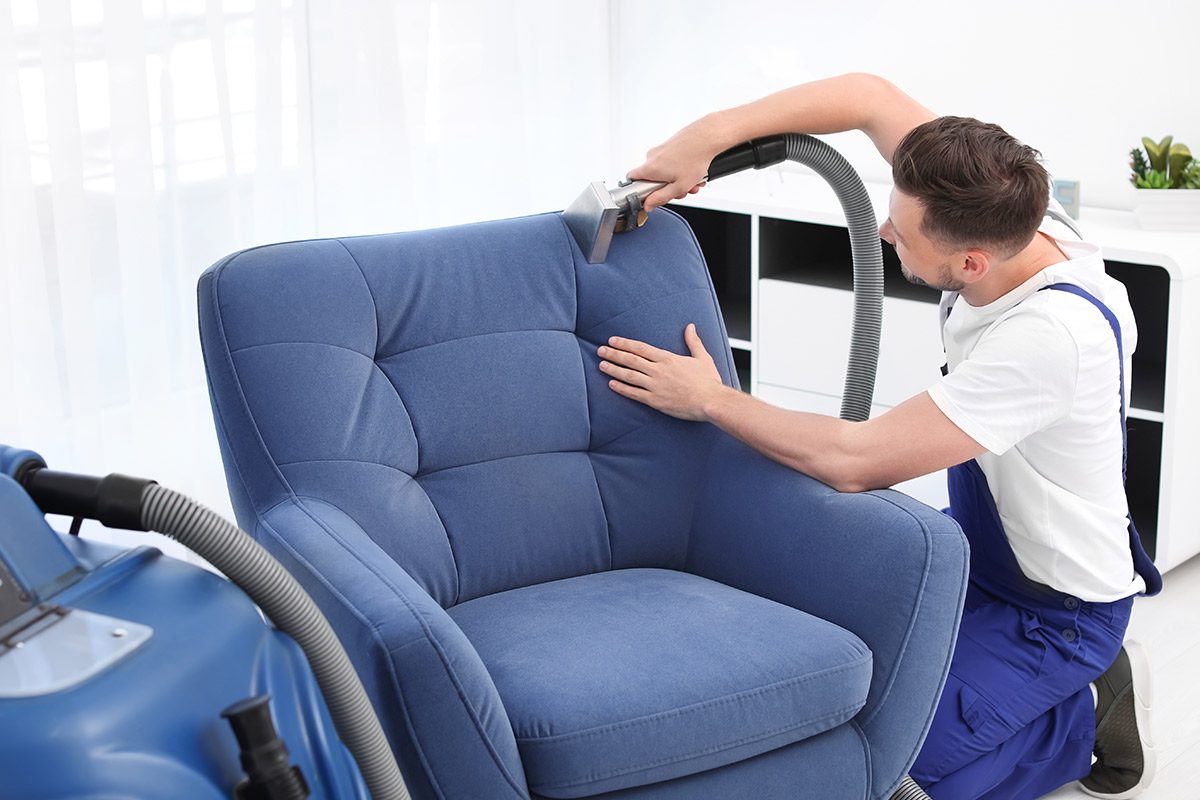
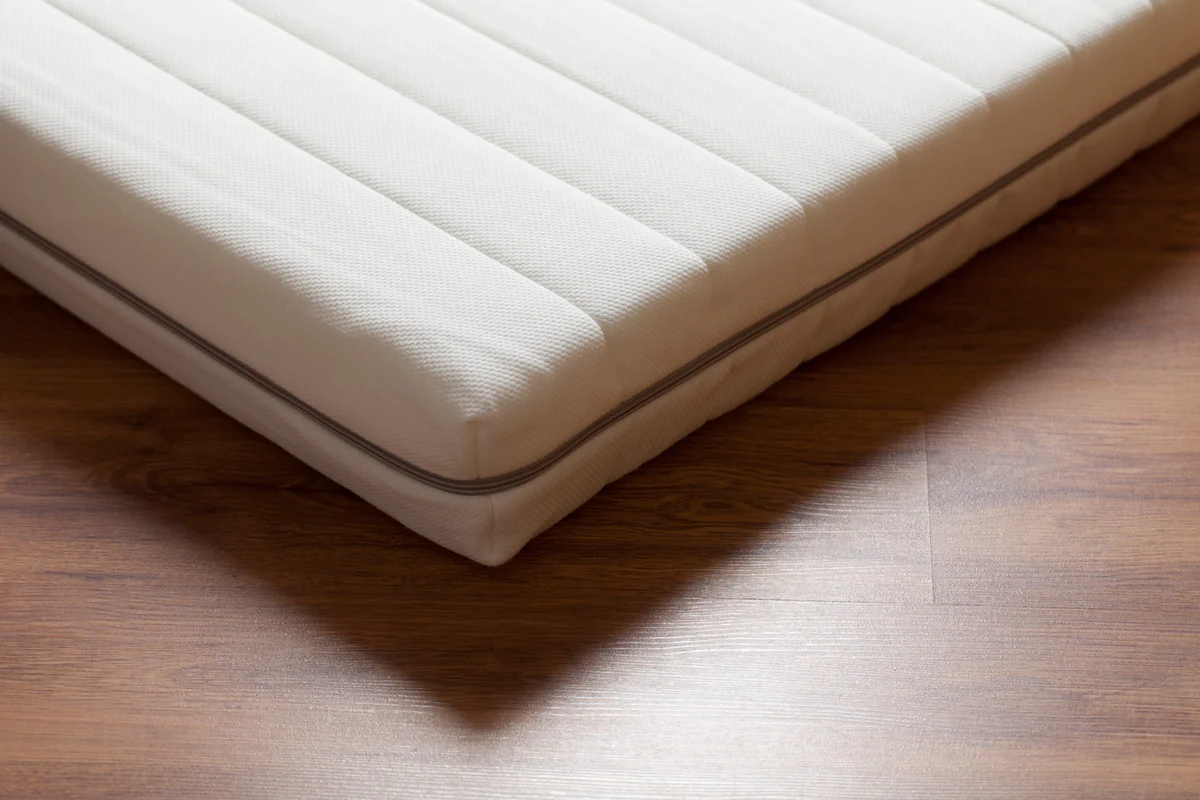
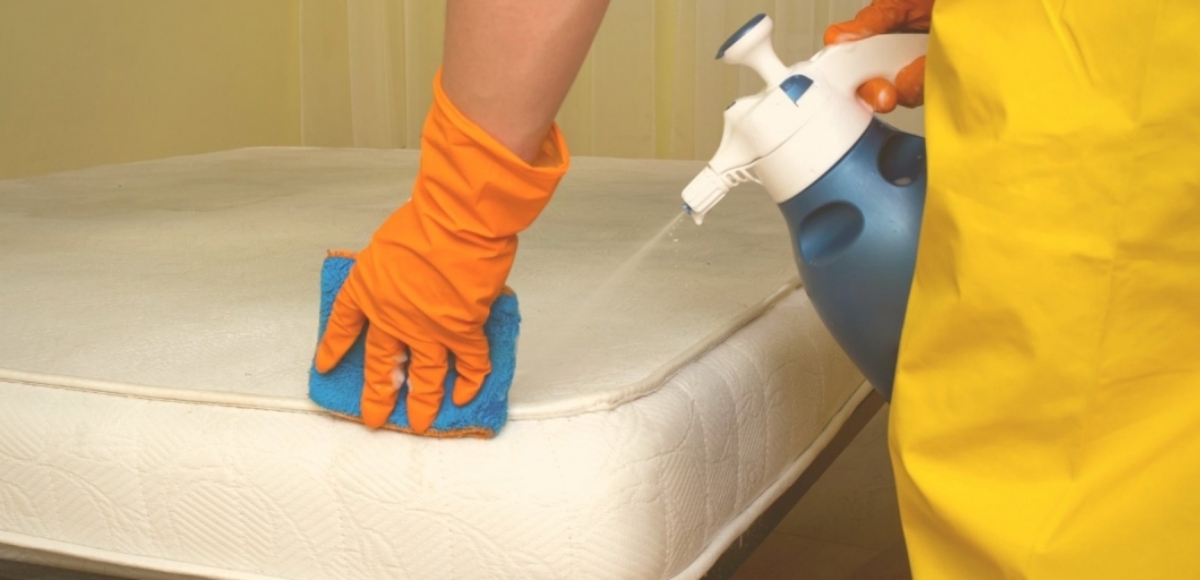

0 thoughts on “How To Get Bad Smell Out Of Vacuum Cleaner”